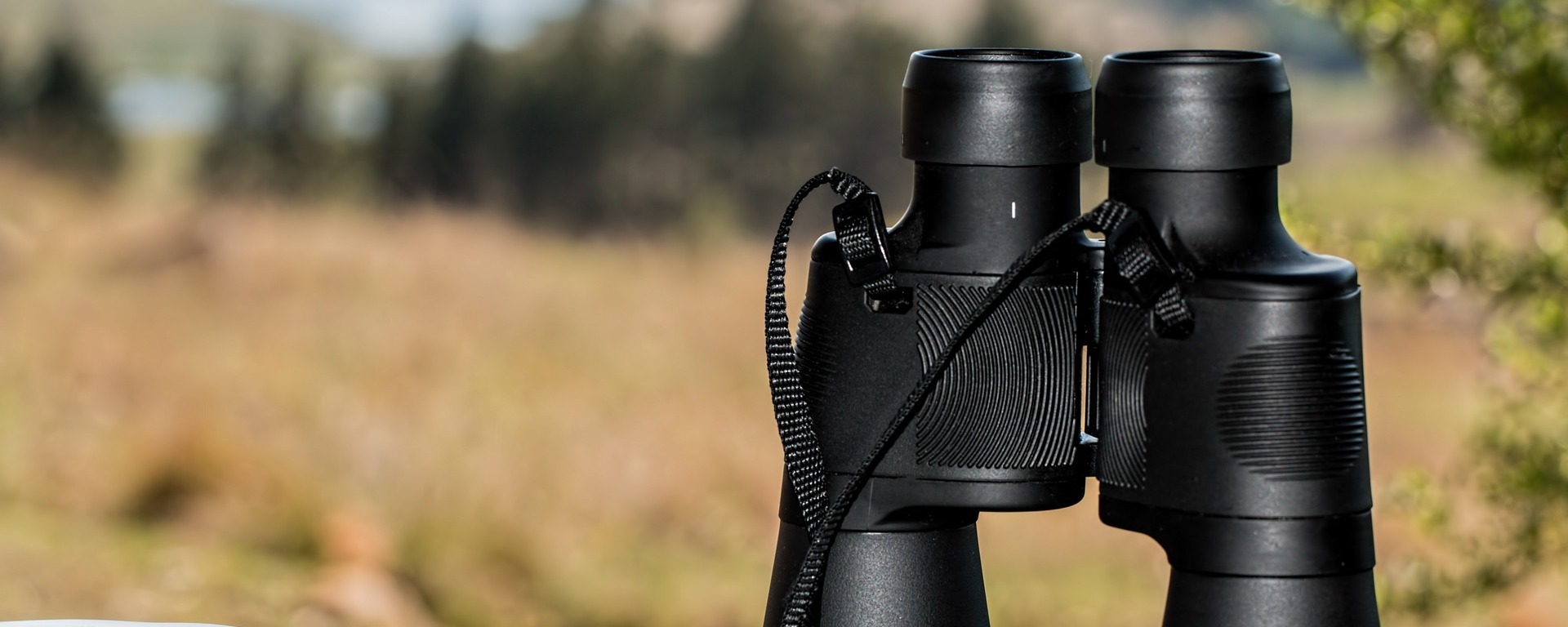The Lawful Use of Covert Surveillance
Posted on 2nd August 2022
In accordance with the Human Rights Act 1998, and the Regulation of Investigative Powers at Work 2000 (RIPA), it is lawful to conduct covert surveillance in the workplace. The Human Rights Act is relevant to Public Authorities and RIPA gives guidance across many sectors of covert surveillance.
Covert surveillance is useful in a variety of cases. Covert surveillance can be used across a wide range of issues, from matrimonial and childcare related cases, to gathering evidence of anti-social behaviour or even protest groups. It is also common for covert surveillance to be used in cases where employers suspect their employees of being dishonest. Following an employee who has stolen property from their employer, or perhaps an employee claiming to be sick when it is believed they are fit and well, are usual applications of surveillance. It is lawful to follow them any time of day or night if it is beneficial to the case.
Covert video and photographic evidence can be gathered to confirm suspicions. Care is required here, however, as it is not lawful to film inside a property. It is better to wait for them to leave the building, and try to capture evidence when they are outside, for example, they could be loading stolen property into a vehicle, or washing their car when they have said they are bedridden. The actions taken must be reasonable for what is trying to be achieved.
Choosing a covert surveillance investigator is difficult, as the industry in the UK is unregulated and unlicenced. It is believed there are around 5000 private investigators in the UK, however less than 25% will have Professional Indemnity Insurance, and even less will be GDPR compliant. The majority will lack professional experience, such as former police or military training. They may have done a privately supplied training course, but these are often substandard. The industry is generally price driven, with cost being driven to a minimum in a competitive market. This means the quality of the service available is also at risk. Many work as an individual surveillance officer, where is it essentially impossible to achieve the desired results in comparison to an established company. A client is not involved in the surveillance operation, so they have to accept what the investigator says has happened, even if their version of events is untrue. This puts your case at risk, if a lack of experience means that evidence is handled incorrectly, or an investigation is not conducted lawfully and ethically.
The Association of British Investigators (ABI) is a membership organisation working to change this. It aims to raise the standards for the investigation industry, by ensuring all members are insured, GDPR compliant, have a clean record of criminal convictions, and offer full support and training. The ABI state, "Since the 1950s, we've lobbied successive governments for regulation. While we wait, the industry remains a 'free-for-all', where untrained and unscrupulous operators are free to practice.". There are 200 investigators currently members of the ABI, leaving around 95% of covert surveillance investigators that are uninsured and not GDPR compliant. The Private Security Industry Act 2001 was supposed to licence all private investigators, however this has not done so as of yet, and this issue is not a priority for the Government.
Covert surveillance is a valuable tool that can cost effectively produce results that will save a business time. It has the ability to produce irrefutable evidence that has been lawfully gathered, and will withstand cross examination in any legal forum, but only if the investigator themselves has acted within the law.
Share this post:



